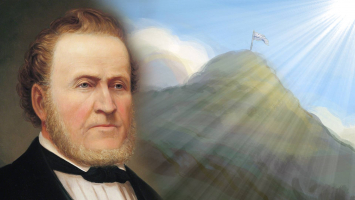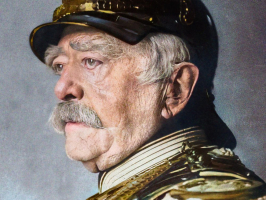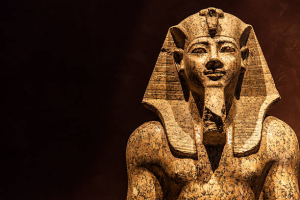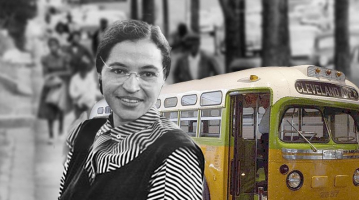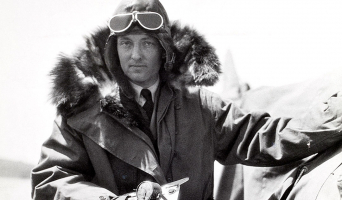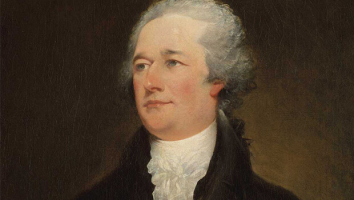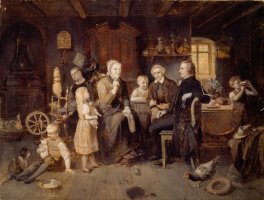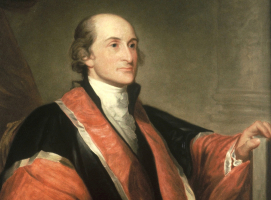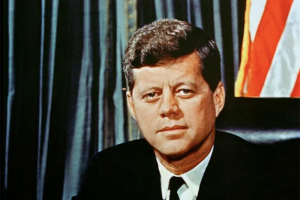Top 10 Facts About Clara Barton
Clara Barton was one of the most prominent medical volunteers in the Civil War and helped revolutionize battlefield medicine well after it ended. In this ... read more...article, let's find out the top facts about Clara Barton with Toplist!
-
After the war, in 1866, Barton began a multi-state lecture tour, sharing the stage with philosophers like Frederick Douglass and Ralph Waldo Emerson. She also got to know Susan B. Anthony and Elizabeth Cady Stanton, two prominent figures in the women's rights movement who encouraged her interest in women's suffrage.
In a speech in support of women's right to vote, Barton stated, "I did not purchase my freedom with a price; I was born free; and when, as a younger lady I heard the subject addressed, it seemed plain ludicrous that any sensible, sane person might dispute it." "And when, later, the issue of women's right to vote came up, it seemed to me just to be a portion of the total, just as right, just as natural, and just as certain to occur." Clara Barton spoke out for women's suffrage. She urged veterans to support women's voting rights, not-so-subtly hinting that they should support women in obtaining that right just as she had assisted them in overcoming the scars of battle.
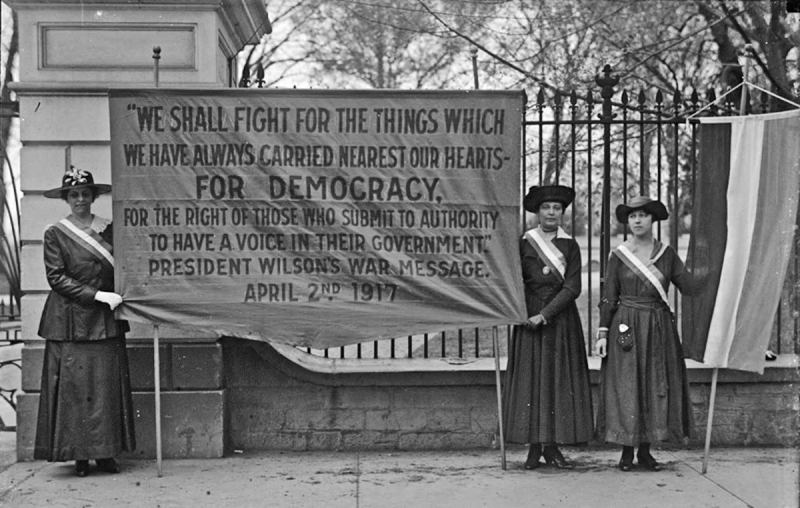
Clarabartonmuseum.org/ 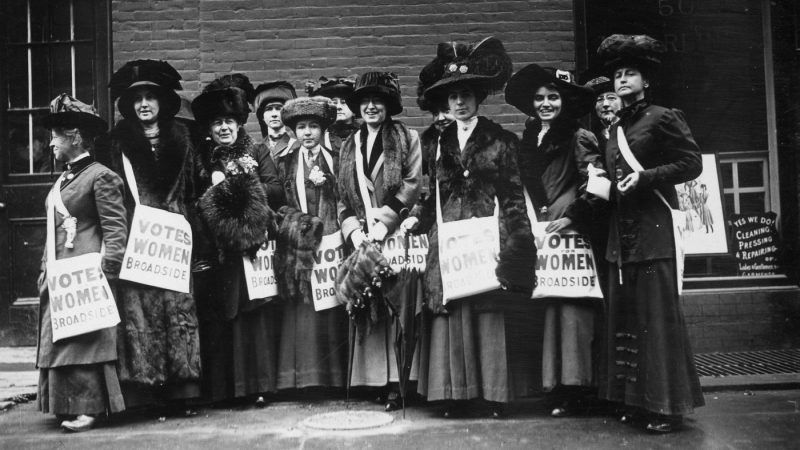
NPR -
She traveled to Europe to unwind and recover after the Office of Correspondence closed. She learned about the International Red Cross in Switzerland, which was established in 1863 to aid those affected by humanitarian catastrophes. Soon after, she began making plans to start a comparable organization in the US. She even made an attempt to recruit Rutherford B. Hayes as its founder. She and Adolphus Solomons, a prominent local figure involved in various charities, created the American Red Cross on May 21st, 1881. The next month, she was named American Red Cross's president, a position she held for the next 23 years without being paid.
The American Red Cross intervened to aid victims of natural catastrophes in addition to those harmed by conflict. Its first test occurred in 1881 during a catastrophic forest fire in Michigan that destroyed more than a million acres in less than 24 hours while displacing thousands of people. The Red Cross helped those affected by the Johnstown flood in 1889 and the Galveston hurricane in 1900 during its first few decades.
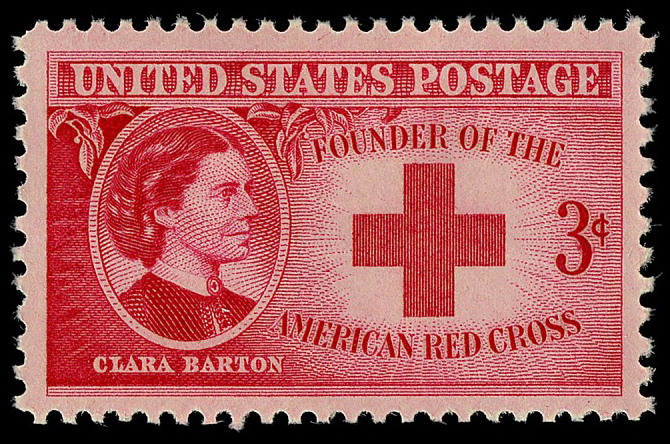
National Postal Museum 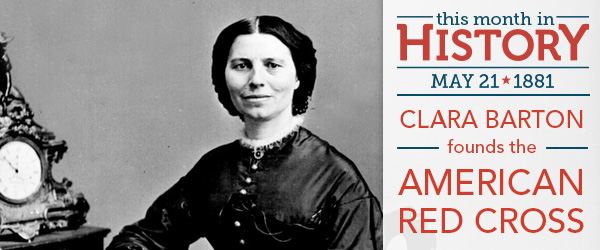
Fold3 HQ -
After her brother David fell off a barn roof in 1833, Barton devoted herself to taking care of him for the next two years as he recovered. Even though nursing was once regarded as a male-dominated profession, Clara's early nursing experience found a place to flourish during the Civil War, and at the age of 39, she discovered her calling.
Barton found injured members of the 6th Massachusetts Infantry residing in the Senate chamber of the U.S. Capitol one week after hostilities began. She cared for them with supplies from her house and eventually started her own supply distribution company. She was given the nickname "Angel of the Battlefield" for her humanitarian efforts. She is initially known to have provided assistance during the Battle of Cedar Mountain in Culpeper County, Virginia, in 1862. In the two-day battle, more than 3000 Union and Confederate men were either killed or injured.
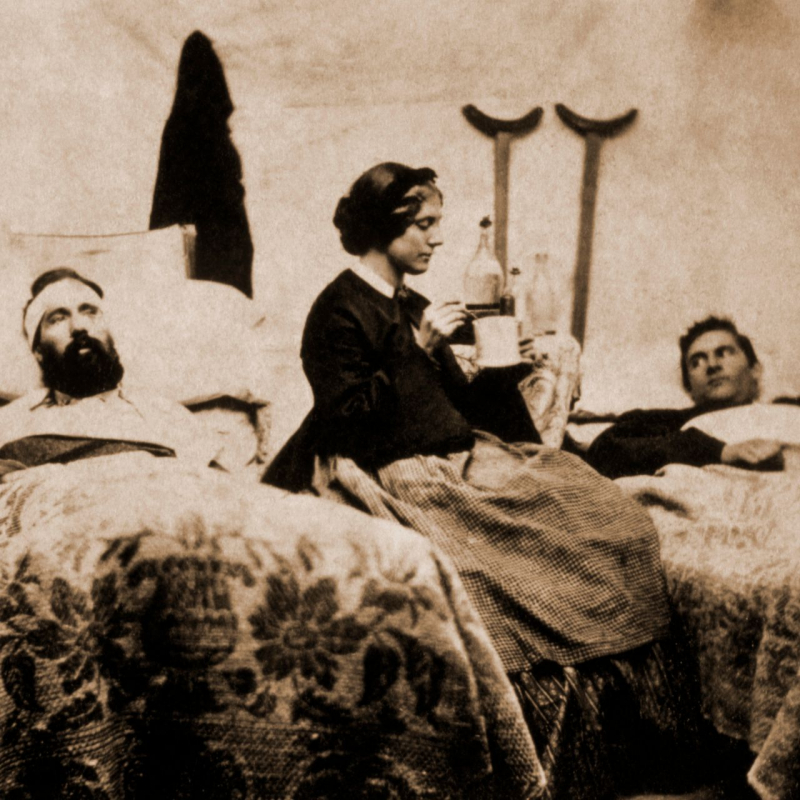
History of American Women 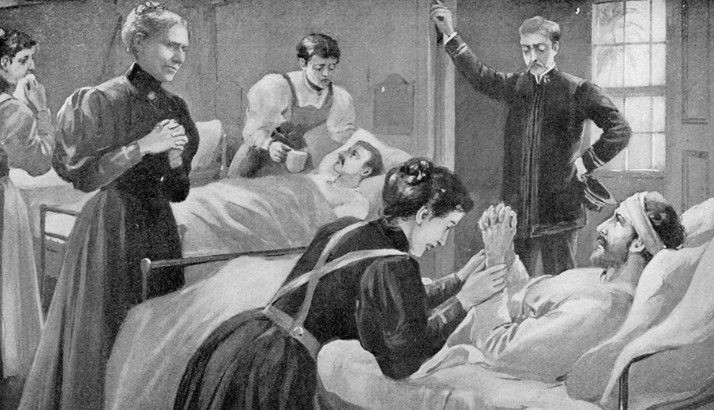
Red Cross -
Barton struggled with extreme shyness and decided to become a teacher. This suggestion was made by a touring phrenologist, not by family, friends, or a physician.
In 1852, while visiting a friend in Bordentown, New Jersey, Barton noticed a lot of street children who were in need of homes. She was granted permission to open the first free public school in Bordentown because she was determined to assist them. The school had increased from six students at the beginning of the year to several hundred by the conclusion. But when the school became successful, Barton was offended when a man was named principal instead of her. She was even more offended when she found out that she would only receive half of his pay. Barton got up and walked away. "I may occasionally be willing to teach for nothing, but if paid at all, I shall never do a man's work for less than a man's pay," she declared as she left the job.
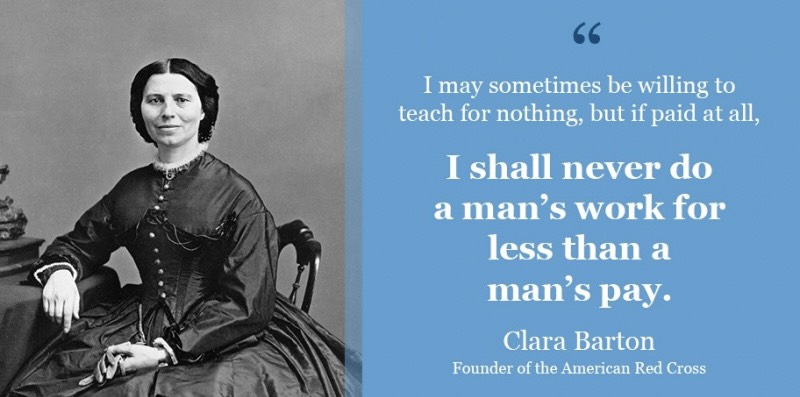
Twitter 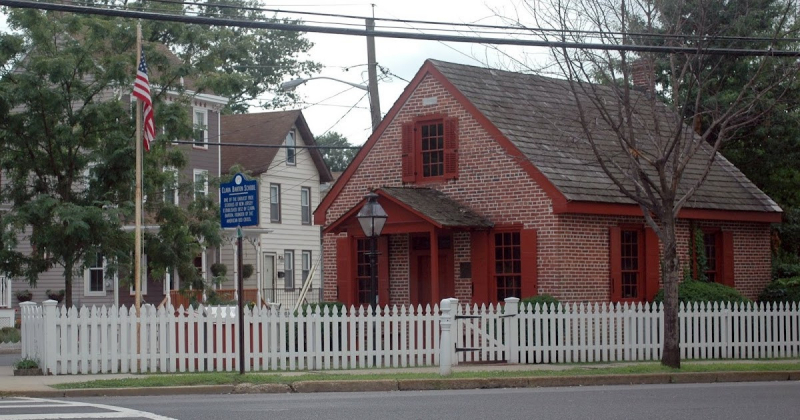
Hidden New Jersey -
Clara Barton is considered by both her contemporaries and contemporaries today as a groundbreaking advocate for women's rights for a variety of reasons. With a salary equal to that of men, she was hired in 1854 to work as a clerk at the Patent Office. In 1854, Barton moved to Washington, DC, where she worked as a copyist for the United States Patent Office. With her position in the patent office, Barton became one of the first women to work for the federal government, and at the time, equal pay for men and women was unprecedented.
She was appointed by the government as the first woman within a year of being promoted to the secretary. She was able to convince her male classmates, many of whom disliked working with women, to pay her the same remuneration of $1,400.
She persisted and remained in the Patent Office until 1865, despite the political whims of her position and the hostility she received from her male colleagues. me. Her pay rise was short-lived. She was demoted to a copywriter by a new boss, where she was paid 10 cents for every 100 words.
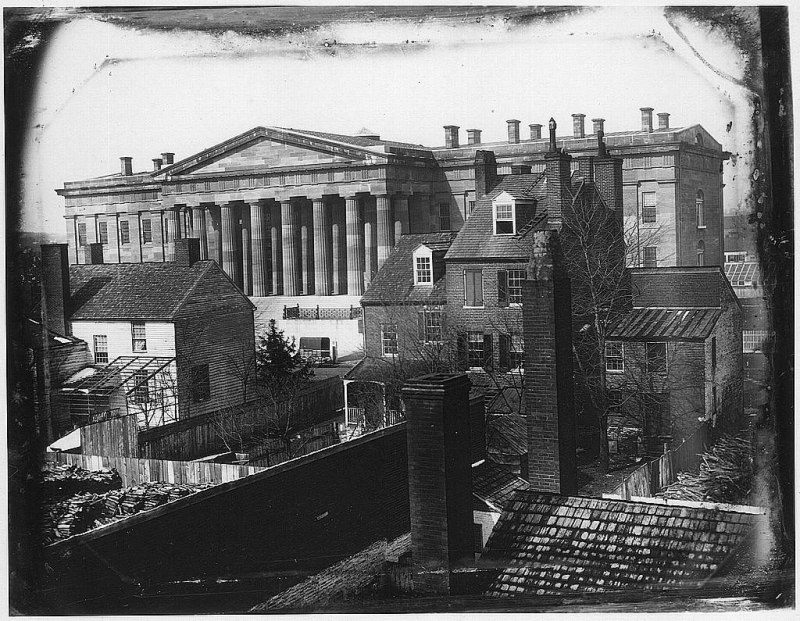
Clarabartonmuseum.org 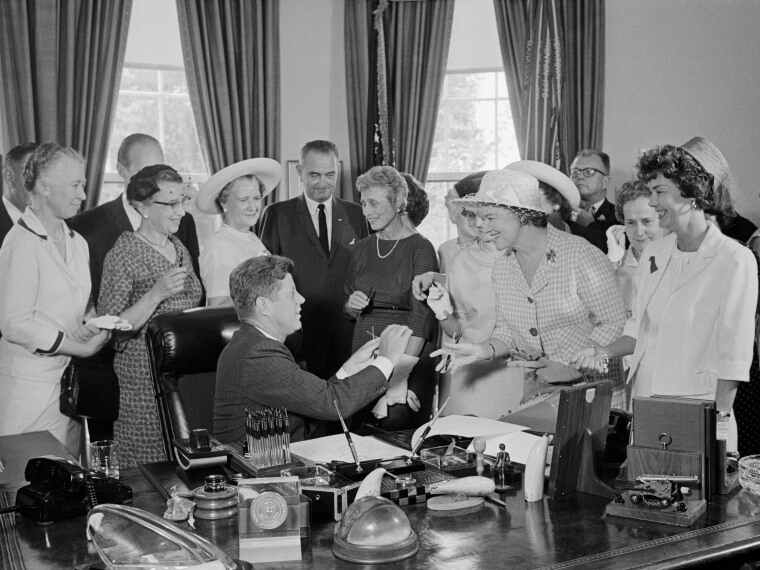
MSNBC News -
Four Massachusetts troops were killed when Confederate sympathizers attacked them on April 19, 1861, barely weeks after the start of the Civil War. Near Barton's workplace at the U.S. Patent Office, the incomplete U.S. Capitol building received the injured.
When Barton discovered that several of the men were her former students, she was horrified and hurried to save the injured. She remarked, "They were faithful to me in their boyhood and faithful to their country in their manhood. The city lacked supplies and order, and it had not been adequately ready for the inflow of soldiers. Barton immediately got to work gathering donations, which eventually filled multiple warehouses. She then started taking her supplies to battle and attending to the wounded soldiers herself.
She swiftly grabbed supplies from her home, including food, medication, and clothing, and assisted with their care. It marked the start of Barton's nursing career during the Civil War, earning her the moniker "Angel of the Battlefield."
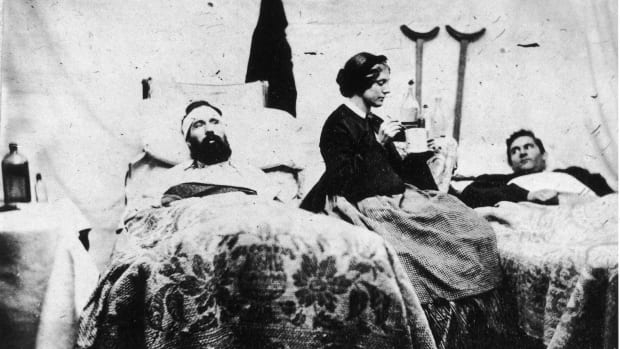
History.com 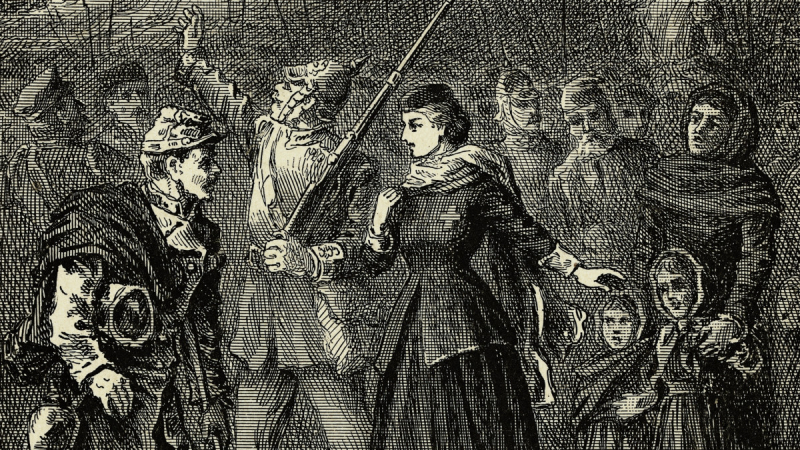
History.com -
On January 1st of 1863, Lincoln issued the Emancipation Proclamation, and in May of that year, Barton resumed her work as a teacher. She imparted expertise to recently liberated slaves this time.
Barton recognized there was no centralized system in place to keep track of Union soldiers as the war came to an end. In addition to being hospitalized, a large number of Union soldiers were also released from Confederate prisons. Those who had passed away were buried in unmarked graves. Families have no idea if their loved ones were hurt, dead, or just freed from prison. In 1865, Barton established the Office of Correspondence with Friends of the United States Army Missing Men. The office, which operated out of the boarding home where Barton resided in Washington, D.C., received more than 63,000 letters asking for missing family members, all of which were responded to by the agency's 12 clerks. 22,000 lost troops were found by Barton's outfit; 13,000 of them had died in Andersonville Prison, a Confederate prison. The government built a national cemetery at Andersonville as a result. (Congress also paid back the $15,000 she spent on starting the office.)
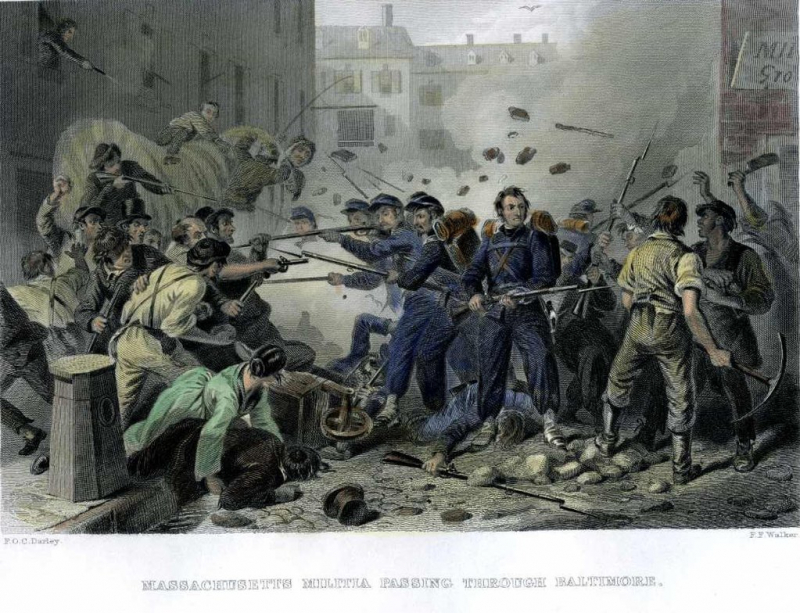
PBS 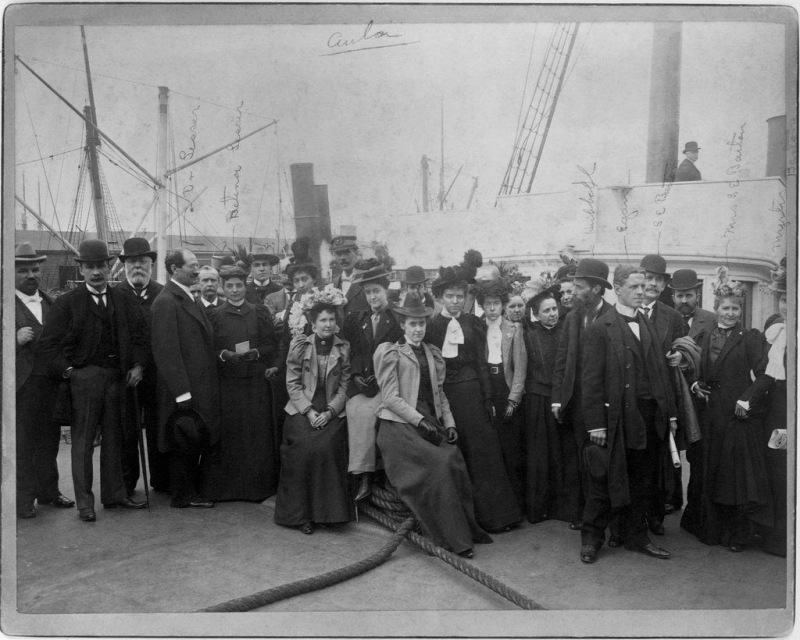
Clarabartonmuseum.org -
During the Battle of Antietam on September 17, 1862, Barton arrived at the now-famous Antietam cornfield. She worked late into the night helping the surgeons, preparing food for the soldiers, and tending the wounded despite nearby cannon fire and bullets flying overhead after dropping off her wagon load of medical supplies to grateful surgeons struggling to make bandages out of corn husks.
While Barton was tending to one unfortunate soldier, Barton narrowly escaped death in the bloody Battle of Antietam. A shot ripped her sleeve as she lifted an injured man's head to give him water. She lived, but her patient did not: "A ball went through his chest from shoulder to shoulder, through between my body and the right arm supporting him. I couldn't do it. nothing more for him, so I let him rest," Barton wrote, "that hole in my sleeve was never patched."
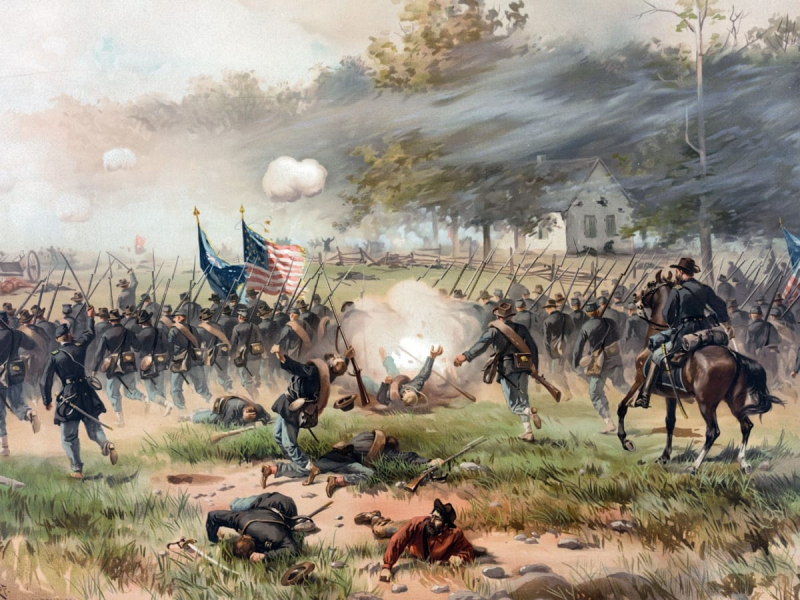
History.com 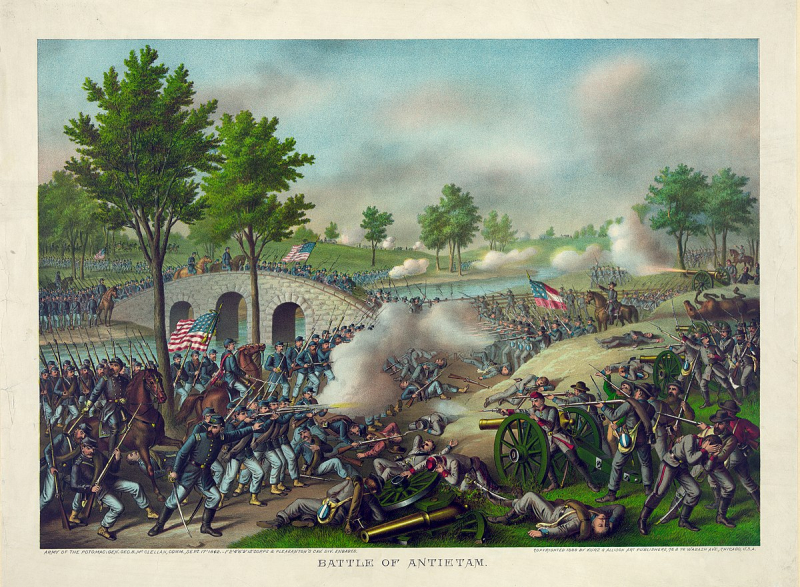
Wikipedia -
Few could have imagined that Clara Barton had previously been a quiet, reserved young girl as she moved swiftly among the crippled and injured men at Antietam. Clarissa Harlowe Barton was the family's newborn when she was born on Christmas Day 1821 in North Oxford, Massachusetts, a town in the center of the state. All four of her siblings were at least ten years older than her.
Clara's father used to regale her with tales of his time fighting the Indians when she was a young girl. She learned how to ride a horse and other manly pastimes from her brothers and cousins. Clara favored outdoor frolics over the inside activities "appropriate" for young ladies at the time, despite the fact that she was a hardworking and dedicated student.
Clara was an extremely shy young girl despite being intelligent, and her parents worried about it. Clara was occasionally so stressed up she was unable to eat. However, the bashful girl conquered it in the face of a crisis—a pattern that would continue throughout her lifetime. Clara stayed by her brother's side when he was ill and learned how to give him all of his medications, even the "big, hideous crawling leeches."
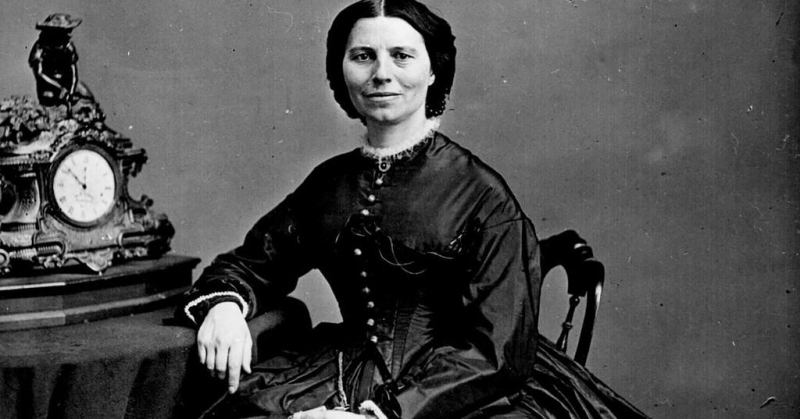
American Battlefield Trust 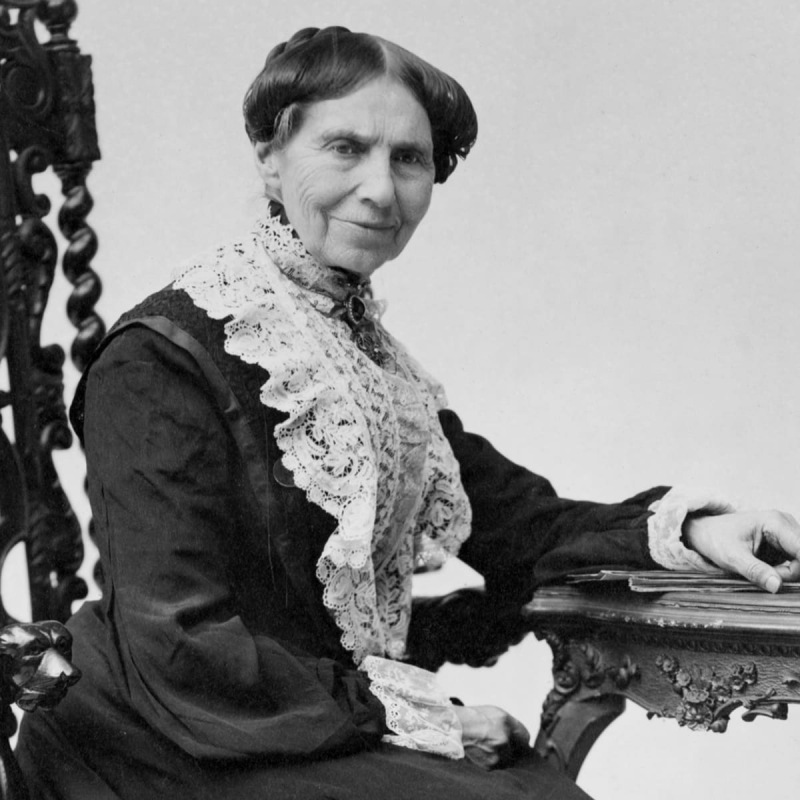
History.com -
The Clara Barton's Missing Soldiers Office Museum may be found in the DC neighborhood of Gallery Place. You might not be aware that this museum opened its doors for the first time in 2015. Since new construction renamed street addresses, the city had long since forgotten where her DC office was, and in 1996, the building's demolition was slated. Richard Lyons, an inspector who came to the location to check on things, was shocked to see a piece of paper sticking out of the ceiling.
He discovered it was an outdated piece of mail hidden in the attic after climbing a ladder to get a better look. He entered the attic out of curiosity and discovered a location that had been virtually unattended for more than a century. A sign indicating Clara Barton's office at the Missing Soldiers Office was among the over a thousand relics in the office. He and the rest of his agency collaborated with the National Museum of Civil War Medicine to rehabilitate the structure and open it as a museum rather than demolish it! While you're in the neighborhood, you should visit the Clara Barton home in Glen Echo, Maryland, which is just across the Potomac River from where she oversaw the American Red Cross.
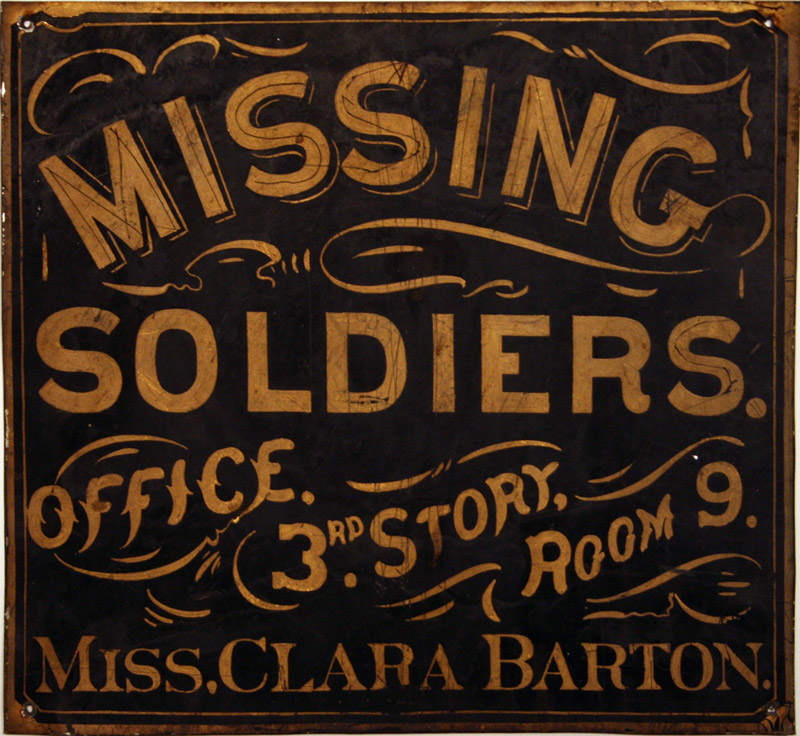
National Museum of Civil War Medicine 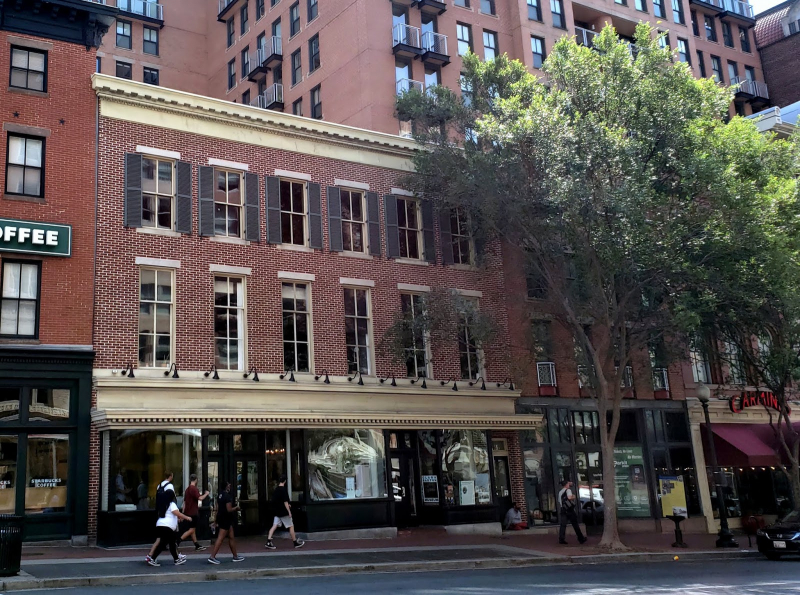
MidAtlantic Daytrips

















